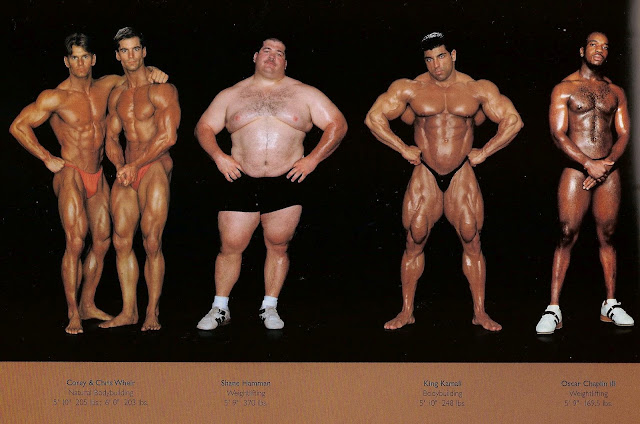Mathias Braschler and Monika Fischer: The Eternal Prisoners of Guantanamo
Mathias Braschler and Monika Fischer are both Swiss photographers who've made their way into the photography industry through different beginnings. Braschler studied geography and modern history but later delved into commercial photography, working for different publications before moving to New York. Fischer studied Romance languages and later became an assistant director in an opera house. Their paths crossed in 2003 when they began a portrait project entitled "About Americans".
They continued their collaboration with "Faces of Football", a portrait series on some of the world's most famous football players. They then made "China", a collection depicting the faces of the fast-changing nation. Their latest collaboration took them all around the world in order to document the former detainees of Guantanamo Prison.
The Guantanamo Bay Detention Camp was established in 2002 to house detainees taken from the US-involved wars in Afghanistan and Iraq. The camp received much criticism in its early years because of the way it treated its detainees. The camp was considered to be technically outside of the US' legal jurisdiction, and its supporters argued that the Geneva Convention protecting prisoners of war did not apply to al-Qaeda and Taliban fighters. This allowed the prison personnel to hold detainees indefinitely and conduct interrogations without restraint.
More criticism poured in after former prisoners told their stories of torture and sexual assualt. Later on, reports of suicides and even more suicide attempts reached the media. The camp also received criticism for detaining its prisoners for years without formal charges. International groups from Amnesty International to Human Rights Watch to the European Union called for the improvement of the treatment the camp's detainees and their living conditions.
Of the almost 800 Guantanamo detainees, 600 of them have been released with a majority of these without being charged. In order for Braschler and Fischer to document these former inmates after their years of incarceration, they traveled to the detainees' home countries. Some of these portraits show the manifestations of the detainees' former physical abuse, from scars to braces. What isn't so apparent however is the psychological torment that they still endure; years after they've been released, these men still remember the dark days of Guantanamo.
Although President Barack Obama ordered the shutdown of the entire facility during the first days of his terms, Guantanamo Bay detention camp still has over 150 detainees as of September 2012.
This is Mathias Braschler & Monika Fischer's website. The entire Guantanamo detainee collection can be found there. For a similar tale, read up on the Abu Ghraib torture and abuse story. The photographers' previous collaborations can be found in Mathias Braschler and Monika Fischer: About Americans, Madison Avenue and Faces of Football.











Don't know how I feel about this or them or their pictures!
ReplyDeleteGuantanamo will go down as one of the darkest chapters of American History
ReplyDeleteI like these.. in a terrible way. I like looking and trying to see the damage. They're obviously aiming to show it, and when I get to something, when I start to feel something very negative.. I scroll down because it's way too sad
ReplyDeleteHard to find a more depressing and gloomy group of people. :(
ReplyDeleteeach country got its own black stories
ReplyDeleteprobably guilty...
ReplyDeleteI find it really tough to look at these guys.
ReplyDelete